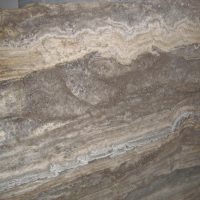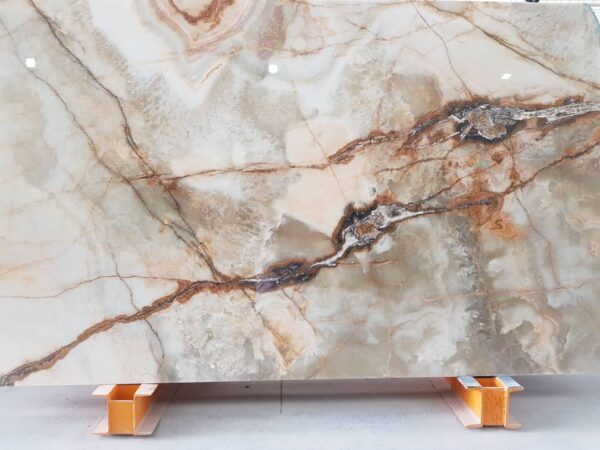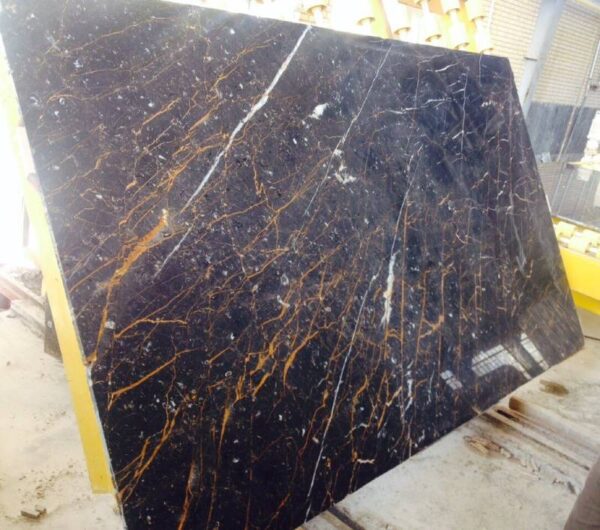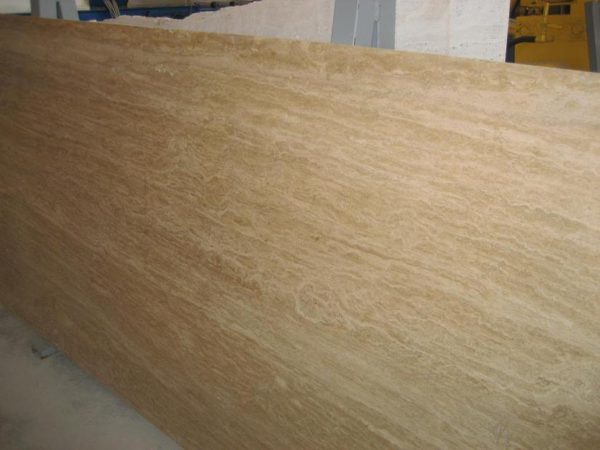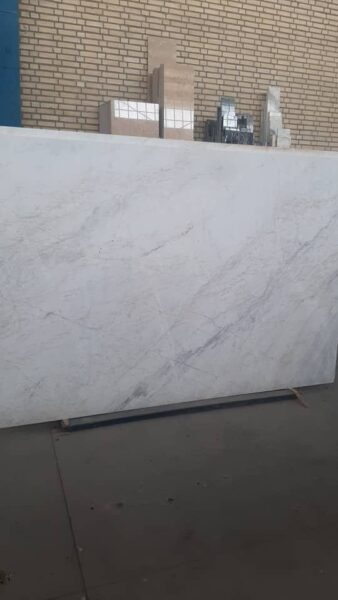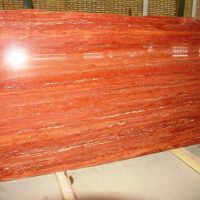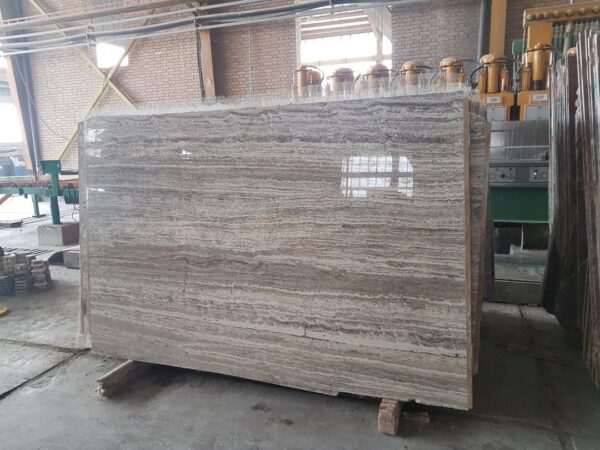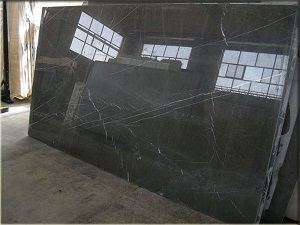What You Need to Know
Does Travertine Tile Crack Easily?
Travertine is a popular natural stone known for its elegant, earthy appearance. Used in both indoor and outdoor spaces, travertine tiles add timeless beauty to floors, walls, and patios. However, one common question among homeowners is: Does travertine tile crack easily? While travertine is a durable material, certain factors can cause it to crack. In this guide, we’ll explore whether travertine is prone to cracking, what causes it, and how to prevent it from happening.
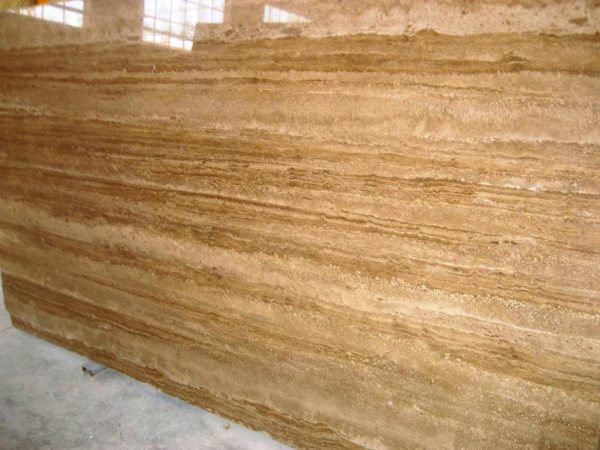

Understanding the Durability of Travertine
Travertine is a type of limestone formed by mineral deposits, which gives it a porous structure. Despite its delicate appearance, travertine is generally a durable material when properly installed and maintained. Its natural strength makes it a popular choice for high-traffic areas, but it is not entirely immune to cracking. The potential for cracking often depends on the following factors:
- Installation: Proper installation is crucial for preventing cracks. If travertine tiles are not installed on a level and stable surface, they may crack under pressure.
- Thickness: Thicker travertine tiles are less likely to crack than thinner ones, especially in areas with heavy foot traffic.
- Subfloor Condition: The subfloor or foundation beneath the tile plays a significant role in travertine cracks. Uneven or unstable subfloors can lead to tile movement and eventual cracking.
When these factors are addressed, travertine can last for decades without issues.
Common Causes of Cracking in Travertine Tile
While travertine is generally durable, certain conditions can lead to cracking. Understanding these causes can help you prevent damage and ensure the longevity of your travertine tiles.
Improper Installation
One of the main reasons travertine tiles crack is improper installation. If the tile is not laid on a flat, stable surface, the weight of foot traffic can cause stress points, leading to cracks. Additionally, insufficient use of adhesive or grout can result in weak spots that make the tile more vulnerable.
Heavy Impact
Travertine tiles can crack under heavy impacts, such as dropping a heavy object on the surface. While the stone is strong, its natural composition makes it more susceptible to impact-related damage compared to materials like porcelain or ceramic tiles.
Temperature Fluctuations
If travertine tiles are used outdoors, they may be exposed to extreme temperature changes, causing the stone to expand and contract. Over time, this can weaken the stone and cause cracking, particularly if the tiles are not properly sealed or installed.
Weak Subfloor
Travertine is a heavy material, and it requires a strong, stable subfloor to support its weight. If the subfloor beneath the tiles is weak, uneven, or shifts over time, the tiles can crack under stress. This is especially common in older homes or areas with poor construction.
How to Prevent Travertine Tile from Cracking
Preventing travertine tile from cracking requires proper installation, regular maintenance, and protection from harsh conditions. Follow these tips to keep your travertine tiles in excellent condition:
Ensure Proper Installation
Hiring a professional for proper installation is the best way to prevent cracks in travertine tiles. Ensure that the subfloor is level and stable, and use the correct adhesive to keep the tiles firmly in place. Additionally, proper grouting will help secure the tiles and prevent movement.
Use a Sealant
Travertine is a porous stone, which means it can absorb moisture and become susceptible to cracking over time. Applying a high-quality sealant will protect the tiles from moisture damage and temperature fluctuations, particularly in outdoor spaces.
Choose the Right Thickness
If you’re using travertine in high-traffic areas or outdoor settings, opt for thicker tiles that are less likely to crack under pressure. Thicker tiles are more durable and can withstand heavy use without sustaining damage.
The advantage of granite tiles over other tiles
Avoid Heavy Impacts
To protect travertine from cracking, avoid dropping heavy objects on the surface. Use rugs, mats, or protective covers in areas where items are likely to fall, such as kitchen countertops or outdoor spaces near patio furniture.

